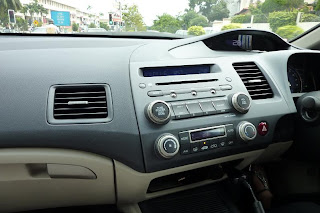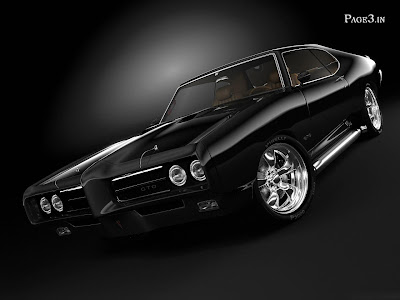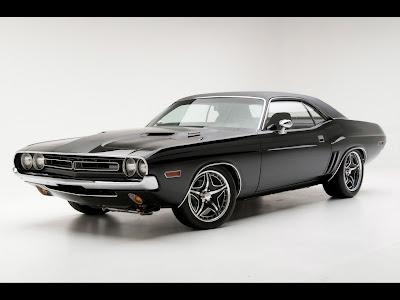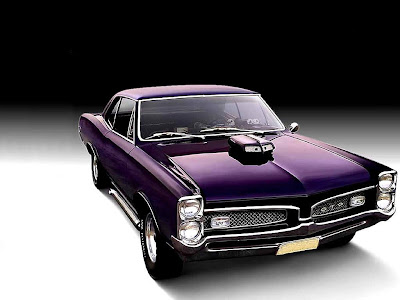Car-buying scams busted
From Whatcar? UK, 02 August 2010
 1 Clocked cars
1 Clocked carsThis is the way dodgy sellers work: take a high-mileage car, wind the odometer back and, hey presto, it’s worth hundreds of pounds more.
It’s relatively easy to alter a car’s mileage using a computer and the right software, but it’s far harder to cover all the signs of a high mileage.
The car’s general condition will give a pretty good indication of how hard a life it has led. The number of stone chips on the bonnet, the sagginess and wear of the driver’s seat and the way the pedals are worn down are all giveaways.
Usually, the service history and MoT test paperwork will allow you to track how quickly a car has covered its miles. Some vehicle history checks also include any past mileage readings.
2 Stolen goods
By using bogus registration documents and fake vehicle identification number (VIN) plates, criminals can disguise stolen cars.
This can be as simple as slapping on a set of fake numberplates, or as complex as respraying the whole car and using fake VINs to carry off the scam. Once you’ve checked that the VIN on the V5C registration document and the history report matches all the VINs on the car (including stickers on door edges, the boot lid and the bonnet), phone the DVLA on 0870 241 1878 to check that the V5C itself is legitimate.
Be wary of anyone who seems to pressing for a quick, cheap sale. They could be hoping you won’t look too carefully at the car as you rush to shake on the ‘unbelievable deal’.
 3 Funny money
3 Funny moneyGet taken in by fake cheques and unpaid finance and you’ll end up with no car and no cash.
When selling a car, don’t accept personal cheques and be wary of banker’s drafts. Contrary to popular belief, banker’s drafts can be forged, and you often won’t find out until several days later when your bank discovers the deceit and takes the money back. By that time the buyer and your car will be long gone. Insist on an electronic bank-to-bank transfer – that way you’ll know the cash is real and safely in your account.
When buying a car, always get a history check that shows if any finance is outstanding. If someone hasn’t paid off a loan on the car you’re buying, it could be repossessed and you’ll struggle to get your money back
4 Accident damageEnterprising criminals buy wrecks and transform them into good-looking cars at bargain prices.
Total write-offs and the infamous cut ’n’ shut (two cars – one with front damage only, the other with rear damage only – that have been cobbled together into one whole ‘undamaged’ car) can be bodged into looking like safe and reliable vehicles. However, it’s unlikely that the work’s been done well, and it would be dangerous should the car be involved in another accident.
A decent history report will show if a car’s been officially written off by an insurer, but some still slip through the net, so beware.
A vehicle inspection by a qualified engineer should flush out an old wreck, because it’s hard to totally hide the signs of repair work and welding.
 5 Dodgy sellers
5 Dodgy sellersBack-street traders and criminals can pretend to be private sellers so they can pass on poor-quality or dodgy cars. Always say when you phone: ‘I’m calling about the car for sale.’ If they answer: ‘Which one?’, be on your guard. If they have more than one, they may be selling cars that can’t be sold on a forecourt, and they almost certainly aren’t paying income tax on the sales.
Organised crime gangs also pose as private sellers to sell stolen or suspect cars. Never agree to meet in a remote or secluded place. Always see the car at the seller’s house, and make sure they really live there – ask to use the loo.
Also, never carry large amounts of cash when you go to see a car and always take a friend.
 6 False identity
6 False identityGuard your personal details, because they’re as valuable as your cash. Cars (among other luxury goods) are a favourite buy for identity thieves, who use your details to make the purchase.
Beat them by shredding old statements, utilities bills and unwanted loan applications. Criminals can use these to organise a car finance agreement in your name. They’ll quickly sell the car on – leaving you to foot the bills and explain where the car is.
Keep your eyes peeled for suspicious paperwork arriving in the post – and check your bank account for mystery payments.
If you’re unexpectedly refused credit, a personal credit history check may expose criminal activity. If you think you’ve had your identity stolen, contact your bank and the police.
END OF ARTICLE.
SOURCE:
1) http://www.whatcar.com/car-news/car-buying-scams-busted/part-1/2517222) http://www.whatcar.com/car-news/car-buying-scams-busted/part-2/251722
That's all folks, thanks for having the time and patience to read this blog entry...








































